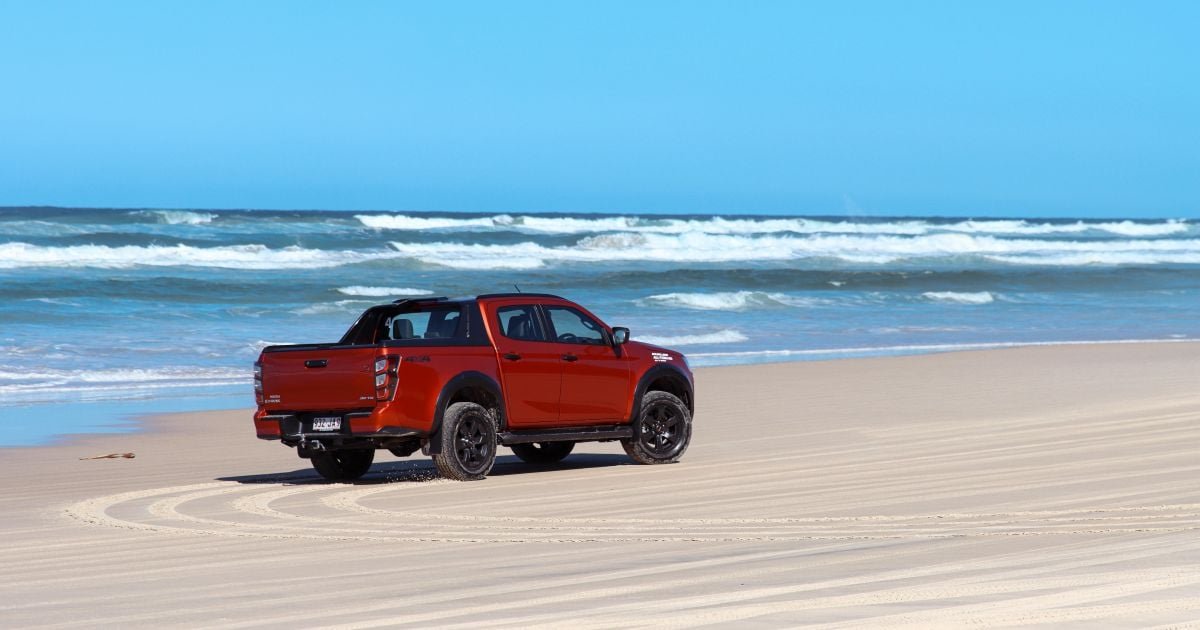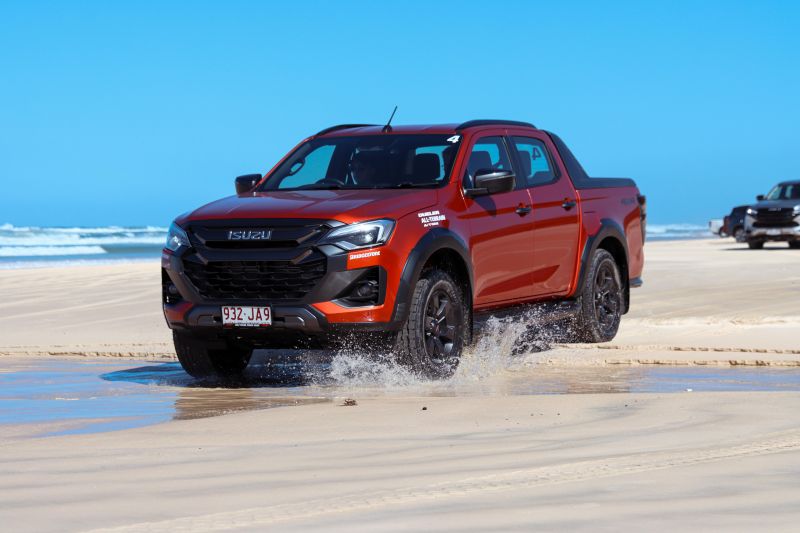It’s becoming increasingly difficult for environmental authorities to ensure weekend adventurers do the right thing in the Australian wilderness, but rangers from the South Australia National Parks and Wildlife Service have come up with a unique solution.
Rangers in the Limestone Coast region deploy a helicopter to scour national parks looking for four-wheelers and motorcyclists straying from designated trails and tearing up the protected landscape.
Networks of trails run through national parks along the limestone coast, but many still choose to ride off the beaten track, disrupting archaeological sites, disrupting vegetation and accelerating erosion.
Given the soft terrain, beaches are particularly vulnerable to damage from car traffic.
There are hundreds of new car deals available through AutoExpert now. Get the experts on your side and score a good deal. Browse now.
ABC News reports that more than 200 people were issued fines as a result of compliance checks during the Melbourne Cup weekend alone.
Both rangers and police can fine people for breaking the rules. Rangers can issue an on-the-spot fine of hundreds of dollars, or escalate the matter to court, while police have the power to hit violators with fines of up to $2,500.
Limestone Coast district ranger Ross Anderson says the move to deploy a patrol helicopter will help reduce misconduct.
“We have a lot of remote land, and you can cover a lot more ground with a helicopter than you can on the ground or in a vehicle,” Mr Anderson said. AutoExpert.
“It helps remind people to behave. It’s not just parks where there’s a problem, people have problems on private property too.
“It’s just about the numbers of visitors we get; a small portion may do something wrong, but when there are thousands of vehicles coming all year round, a small percentage is a lot of people.
“A lot of vegetation is coming back to our coastal parks, but there are still issues and we just need to make sure we have an ongoing program.”
Patrols, both on the ground and in the air, will continue throughout the summer as the National Parks and Wildlife Service strives to protect the natural environment for generations to come.
This is despite mixed reactions to the use of a helicopter, which is seen as intrusive and excessive by some well-behaved visitors.
“Based on the comments people are posting on social media, it’s a mixed bag,” Anderson said.
“Some people think it’s a great idea, others prefer a more laissez-faire approach, where they can do whatever they want.”














Leave a Reply